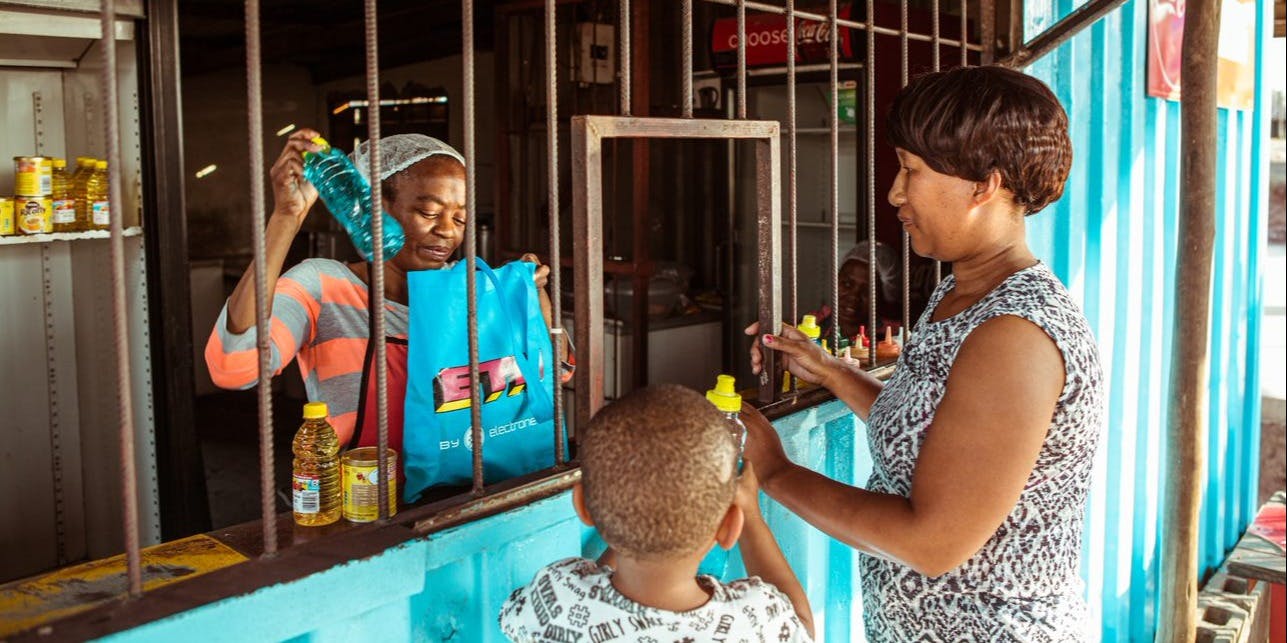2,104 reads
South Africa tops the list of cryptocurrency ownership among global internet users
by
August 15th, 2019
Journalist since 1984. In Web3 since 2018. Writer, reporter, ghostwriter, marketing, and Public Relations.
About Author
Journalist since 1984. In Web3 since 2018. Writer, reporter, ghostwriter, marketing, and Public Relations.
